Out into the world
2015 and 2016 graduates of WashU Engineering discuss how their education prepared them for a career
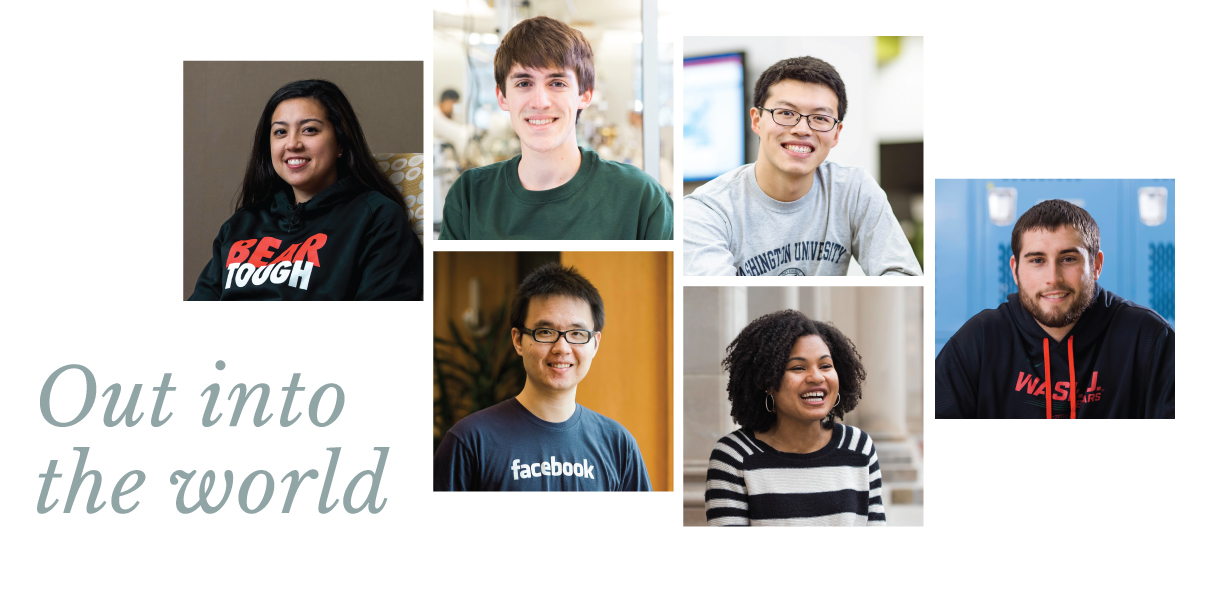
A degree in Engineering from Washington University in St. Louis opens doors to careers ranging from hands-on engineering to research to teaching to medicine. After spending the past few years learning in a community of innovative thinkers, these 2015 and 2016 graduates of WashU Engineering discuss how their education prepared them for a career, what the job search was like and what careers path they have chosen, and they share advice for future job seekers.
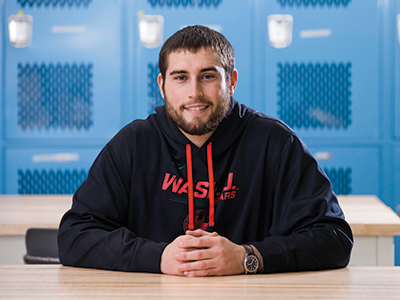 Ben Lake
Ben Lake
BS, Mechanical Engineering; minor in mathematics; also working toward a master's in materials science
Job: Mechanical design engineer, Spartan Light Metal Products, Sparta, Ill.
Why did you want the job?
I wanted to work for Spartan Light Metal Products because of the people and the opportunities to use my mind to solve problems. It is important to me to be able to use my problem-solving skills to understand and work through situations.
What advice would you give to students?
The best advice that I can give a person on finding a job is to be proactive, get to know people and, most importantly, make friends. There is no comparison to a face-to-face interaction and a hand shake.
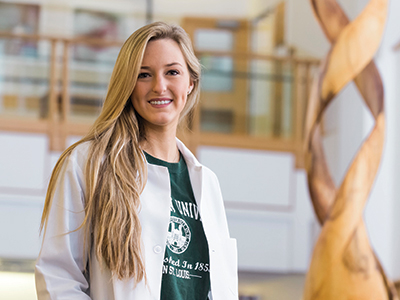 Kelsey Lipman
Kelsey Lipman
BS, Biomedical Engineering
David Geffen School of Medicine at UCLA, Los Angeles
Why medical school?
As a sophomore, I became involved with Engineers Without Borders here on campus. I traveled to Guatemala City with a team of engineers to repair medical equipment and analyze the logistics of the hospital. On this trip, I realized that I wanted to experience health care from another perspective. I wanted to gain exposure to patient-physician interactions and understand the daily responsibilities of being a physician. Returning to WashU, I joined a medical brigade to gain clinical exposure and experience global health from a clinical, rather than engineering, standpoint. The medical brigade solidified my interest in medicine and global health, and I led the trip the following year.
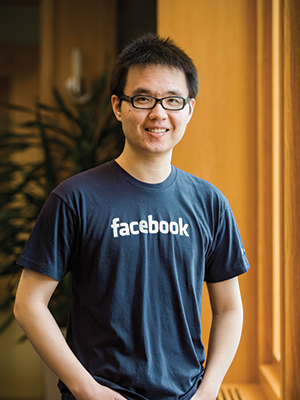 Wenlin Chen
Wenlin Chen
PhD, Computer Science
Job: Research scientist, Facebook, Menlo Park, Calif.
Why did you want the job?
I am very interested in artificial intelligence (AI), and I deeply believe AI would make the world a better place to live. Why did I choose to do AI at Facebook? First, when I was doing an internship at Facebook, I was quite fascinated by its open culture. Second, I love the mission of Facebook to give people the power to share and make the world more open and connected. And I believe AI will play an important role toward this goal. Last, but not least, Facebook has rich data, nice infrastructure and top talent, which are very important for successful research and engineering.
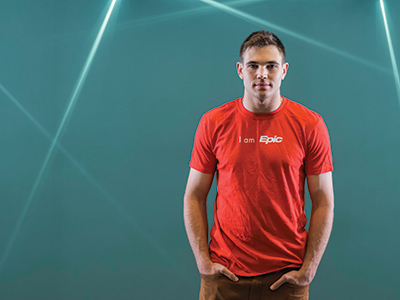 Christian Lukas
Christian Lukas
BS, Computer Science and Mathematics
Job: Software Developer, Epic, Madison, Wis.
How did WashU prepare you?
I wasn't made aware I'd be conducting a case study before the interview and didn't do any preparation. In spite of going in relatively blind to the process, I was able to draw on some of the problem-solving skills emphasized in a variety of my classes (advanced algorithms 441T and machine learning 417A, especially). My education helped me do very well on that part of the interview.
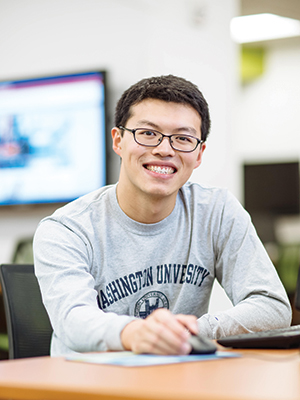 Tong Niu
Tong Niu
MS, Information Systems, Sever Institute, Professional Education
Job: Big Data and Cloud Support, Amazon, Seattle
How did WashU prepare you?
A WashU education helped me a lot for this new job. My program exposed me to a lot of Big Data, one of the hottest areas in IT and data science. Since I didn't have much computer science background before, WashU's computer science courses taught me a lot about programming and data analysis.
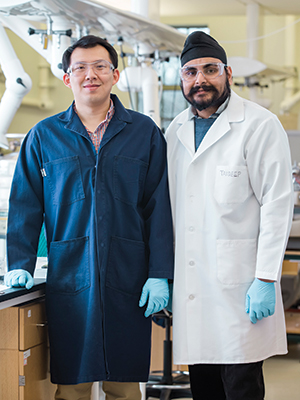 Jiaxi Fang & Tandeep Chadha
Jiaxi Fang & Tandeep Chadha
PhD, Energy, Environmental & Chemical Engineering
Job: Co-founders, Applied Particle Technology, St. Louis
Why did you decide to start a company?
There haven't been many significant advances in air purification technologies in the past several decades, while there is mounting evidence that air quality can have significant health consequences. Thus, there is a need for new air filtration technologies. This is an exciting opportunity to solve real-world problems with air quality and air pollution by developing innovative approaches to air purification.
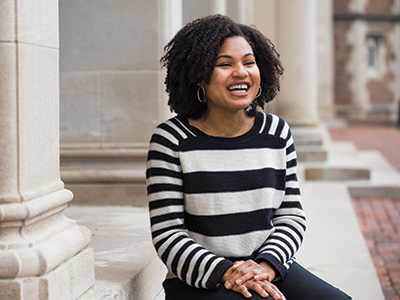 Natasha Tillett
Natasha Tillett
BS, Biomedical Engineering; Electrical Engineering minor
Job: Secondary Chemistry teacher, Teach For America, Mississippi
Why did you want the job?
I've always found myself in tutoring or mentoring roles, and I've been told all my life that I'm good at explaining things to people, so teaching seemed to fit. I'm also very passionate about systemic inequalities, specifically those in education and health, so the mission of Teach For America resonated with me. Lastly, I'm pre-med, so the fact that I could have this job doing something that I'm passionate about while making an impact in the black community, and also having the flexibility to apply to medical school in a few years was the icing on the cake for me.
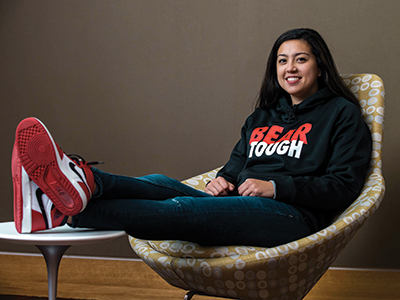 Kaitlyn Crawley
Kaitlyn Crawley
BS, Systems Engineering; minors in computer science and finance
Job: Software Engineer, Nike Inc., Beaverton, Ore.
How did WashU prepare you?
WashU Engineering has helped me develop my ability to find creative and efficient solutions to complex problems. I have built a solid foundation in mathematical techniques, modeling and computer programming, among other topics. I have learned how to apply engineering concepts to many different types of systems and have enjoyed the opportunities to work on multidisciplinary teams. Having the opportunity to be part of Nike's Consumer Digital Technology department is a perfect way to blend my passions for sports and technology.
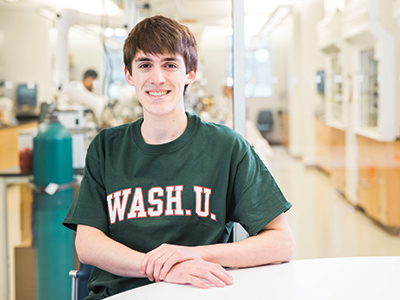 Nick Riem
Nick Riem
BS, Chemical Engineering
Job: Entry-level chemical engineer, Eastman Chemical Co., Kingsport, Tenn.
Why did you want the job?
Designing and optimizing chemical processes is something that interests me. The company also provides various other opportunities within the industry that I hope to explore in the future.
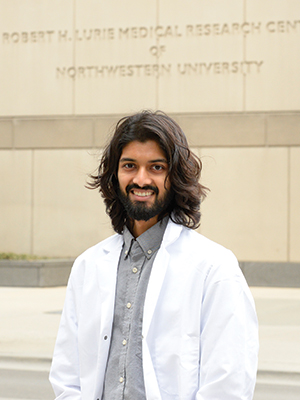 Rohun Palekar
Rohun Palekar
PhD, Biomedical Engineering
Job: Postdoctoral fellow, Northwestern University Feinberg School of Medicine, Chicago
How did WashU prepare you?
My WashU Engineering education, which included course work, research and interactions with faculty through research collaborations or thesis advisory committees, provided a very strong learning environment, which allowed me to develop the necessary skills that qualified me for my current position. I credit my great faculty advisers and teachers, high-quality course work and the resources provided by WashU in preparing me for my career.
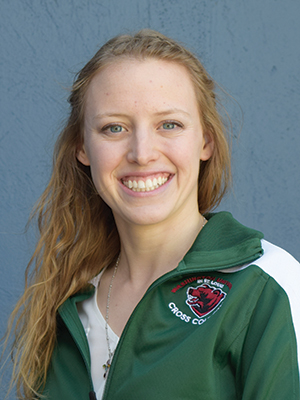 Kenna Middleton
Kenna Middleton
BS/MS, Mechanical Engineering
Job: Mechanical Engineering Intern, Insitu, Hood River, Ore.
What advice would you give to students?
Getting contacts within the company you are looking at is really helpful. This is not only because the company recognizes that you are a person and not a résumé, but to gain a deeper understanding of the culture and if it is the best fit for you.
Back to Engineering Momentum